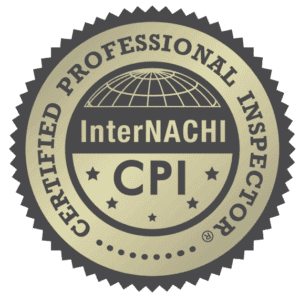What You Should Know About Building Codes
We get this question a lot and the answer might surprise you. Does a home inspection take into account local code? No, a home inspection is not a code inspection, but that is not a bad thing. I find that most people don’t quite understand local building codes and how they are regulated. In this article I will lay out several reasons why Home Inspections are not code inspections and why for the most part that is a good thing.
- Codes are different depending on the municipality – Codes are often regulated by the city that the property is located. It is practically impossible for anyone to have a good grasp of building codes and how they differ between town lines. As an example, my company covers over 50 municipalities.
- The Grandfather Clause – Per legaldictionary.com, a grandfather clause is a provision in a new statute or zoning ordinance that exempts certain previously existing business, enterprise, or class of persons from the new rules or regulations. In layman’s terms when the local building code is updated, most homes are not required to make updates to be in accordance with the new code as they are “grandfathered in”. Unless a building is new construction, it is hard for a home inspector to know what code revision is applicable to the home and hence it is improper for him to call something out as a potential code violation.
- Codes are minimum requirements – Per a fact sheet from FEMA, building codes specify the minimum requirements to safeguard the health, safety, and general welfare of building occupants. I would like to reiterate “minimum” requirements. If you use cars as a metaphor, both KIA and Lexus vehicles meet minimum standards, but I am guessing you would prefer the Lexus. So would you want your inspector to only report on the minimum standards.
- Codes don’t cover everything – There is a reason why codes are updated every 3 years. As much as the home construction industry has made advancements, there are still new issues popping up every year, like new products being installed in homes. The reason safety provisions are usually in the code in the first place is because something failed and injured (or killed someone) and it happened enough to get the code council attention. A good inspector reports based on industry knowledge and looks for issues that aren’t covered in the code.
- Building Codes are Political Documents – The local Building Official is either elected or appointed by the city council in most municipalities. This official has influence on what is in the code and what is actually enforced. I am not saying there aren’t fair and honest building officials, but sometimes parties with agendas gain influence over these individuals or their bosses at city council. This is one reason why Chicago has one of the most stringent plumbing and electrical codes, as this will keep the price of these special trades up and this is due to the influence of the local unions.




